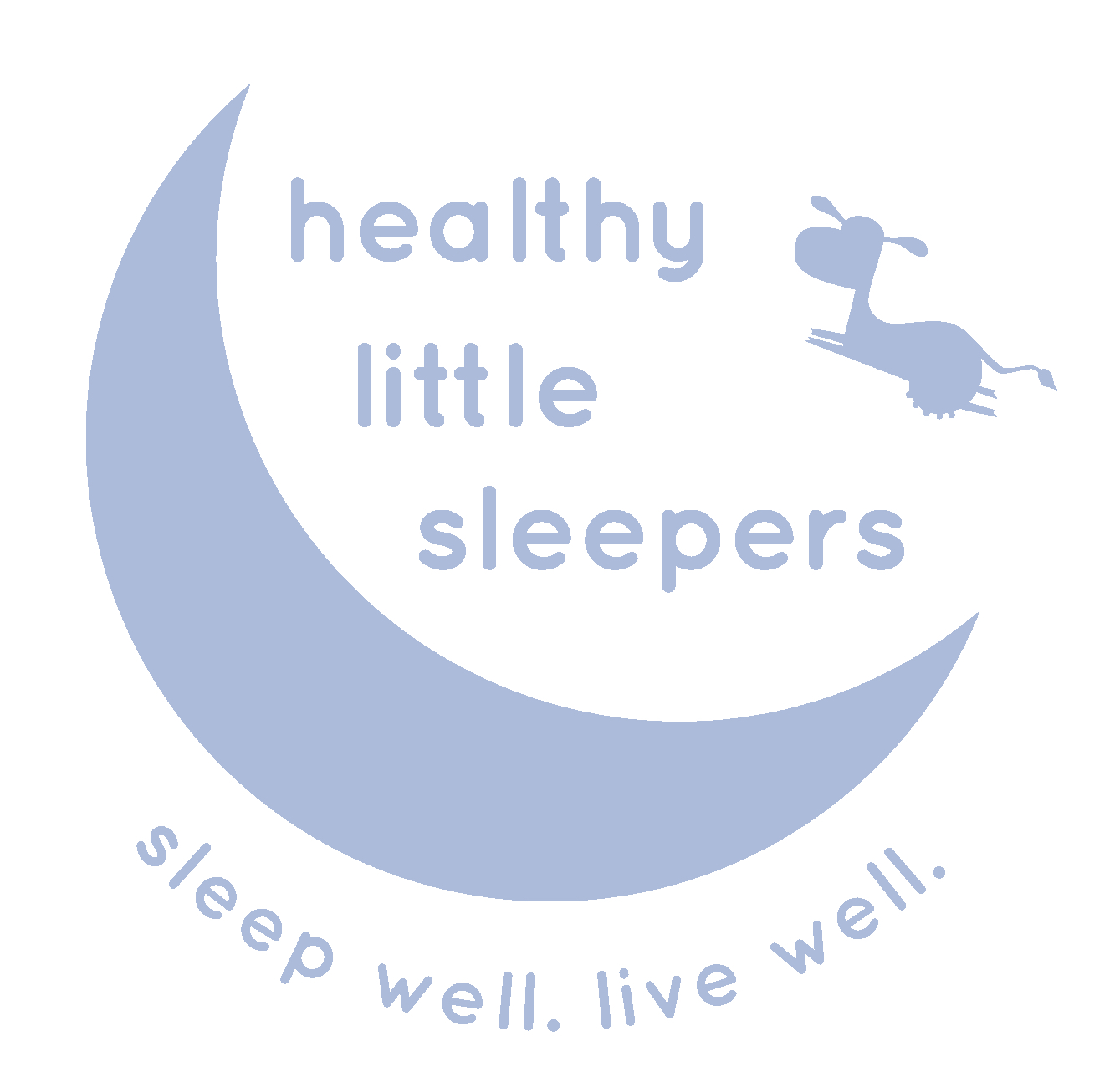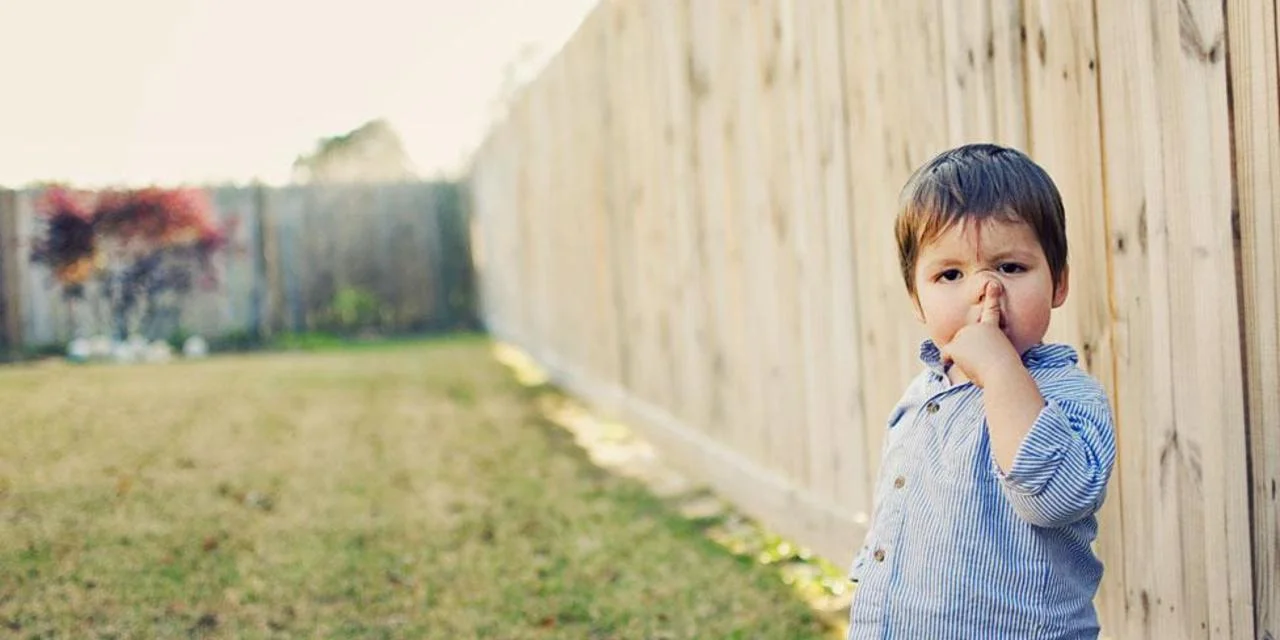Why Would You Let Your Baby Cry to Sleep?
I guess you'll be picking their noses too.
I got a great question this past week (actually a couple) that I wanted to share with you.
The questions are less about “how to” in relation to sleep (I’ve written many on this topic), but more about what is sleep training and why is it so controversial?
Oh… and while we’re at, I’m gonna dispel a couple myths for you too!
Here ya go!
* * *
What is sleep training?
It’s almost like a bad word these days. Some families just can’t fathom the idea of sleep training. And that’s ok. I really like to think of it as sleep learning though. After all, that’s waht they’re doing — learning
Sleep training is merely making some changes in your little one’s sleep habits to help them learn how to self-soothe.
This often looks like decreasing parental involvement. For instance, removing any rocking or nursing to sleep patterns, and some, yes some… crying. But nothing dangerous for your baby.
And here we have myth # 1:
You’re harming your baby and causing stress-related trauma and long-term brain damage if you let them cry.
Nope. Nope. Nope.
Here’s the thing about stress. We all have it. Some level of it. And when we are more stressed, yes our cortisol levels will be higher.
But… guess what!?! Lack of sleep increases cortisol levels too. That’s why you hear about negative effects of lack of sleep over the long-term.
The American Academy of Pediatrics has a great guideline about stress. They categorize it into three different levels.
- Positive stress responses. For instance, getting frustrated, not getting your way, starting daycare, getting shots, moving, etc. are all stress levels that we can manage in a stable environment with a loving caretaker.
- Tolerable stress. This stress is of greater magnitude and is akin to stress during a death in the family or divorce. Again, very manageable in a stable environment with a loving caregiver who can give you tools for coping with this situation.
- Toxic stress. Now this is the type of stress that can actually change your brain chemistry. This type of stress is from frequent or prolonged periods of stressful events that include abuse, neglect, babies left in orphanages unattended, etc.
I acutally worked at Children’s Institute International back in the day which is a program for abused and neglected children and saw this first hand.
When I think of babies crying a little bit trying to figure out how to get to sleep, or mad cause it’s not what she’s used to, or struggling because he wants to nurse and doesn’t know how to settle… I ask you, does this sound damaging and traumatic — toxic?
Of course no one wants to hear their baby cry, but, I’d prefer a few days here and there or a week of some frustration over long-term sleep debt for both you and your baby.
* * *
What does sleep training look like?
Learning to fall asleep is new for your baby and isn’t easy at first. Just as we can’t ride a bike for your little one, we can’t sleep for them either. This is learned.
Like most life skills (as discussed in How to Raise an Adult)…
First, we do it for you.
Then we do it with you.
Then we watch you do it.
Then you do it on your own.
And yes there are many options of “how to” do this when it comes to sleep.
Here is myth #2:
You’re only option is to just let your baby cry, in other words Cry It Out.
Nope. Nope. Nope.
That is one option, just one, and that is called Extinction or CIO. Again, there is a time and place for this and not necessary if it’s not for you. It’s definitely not for the faint of heart.
The most important thing to remember during the process is that your baby is loved, your are there for them, and they are safe.
Many people refer to CIO as sleep training. That’s not accurate. CIO to me is Extinction. There may be some tears shed regardless of your “how to” but other methods include varying degrees of parental involvement.
You need to take into account your baby, your lifestyle, your parenting philosophy, and then you choose what both you and your baby can be successful at.
Any “how to” will work as long as you’re CONSISTENT.
* * *
Why not just let your baby sleep when they are ready?
Some babies do naturally fall into a rhythm and sleep when they’re ready — these are what we call unicorn babies… no, just kidding. But we do refer to them as flexible sleepers.
Flexible sleepers are more likely to go with the flow, sleep on the go and be fine in new places and not skip a beat with new changes and environments. However, even these babies often need some tlc when it's time to learn to sleep.
When those nighttime wakings are still happening around 6 to 8 months of age, you may need to think twice about letting them tell you when they’re ready.
And then you have the sensitive sleepers. These babies are more susceptible to changes in sleep environment, routine, and schedule. They often need more predictability in their schedules and more reliable nap/bedtime routines. In fact, most babies need this regardless of being flexible or sensitive.
These babies are the ones where we get trapped, as parents, doing the work for them. They are most likely never going to tell you when they are ready because they are happy as a clam having you do it for them.
* * *
Last but not least…
If you’re feeling trapped and are exhausted, and you don’t want to be picking you little one’s nose forever (haha), I have a free 15 min initial call you can schedule online.
* * *
One more thing.
Every other week I share 5 things on how you and your little can get the most out of their first 5 years of life in my newsletter — The Healthy Little Note.
If you have little ones, I’m sure you’ll love it!
You can check out the most recent issue here.
Or, SUBSCRIBE below:
-------------------------------
Susie Menkes, PhD is a Certified Infant + Toddler Sleep Specialist through the Family Sleep Institute (FSI) and is dedicated to helping families get their little ones to be healthy little sleepers. As a mom of two, she knows and understands what you are going through and is here to support, educate, and guide you on all matters related to sleep... and more!



